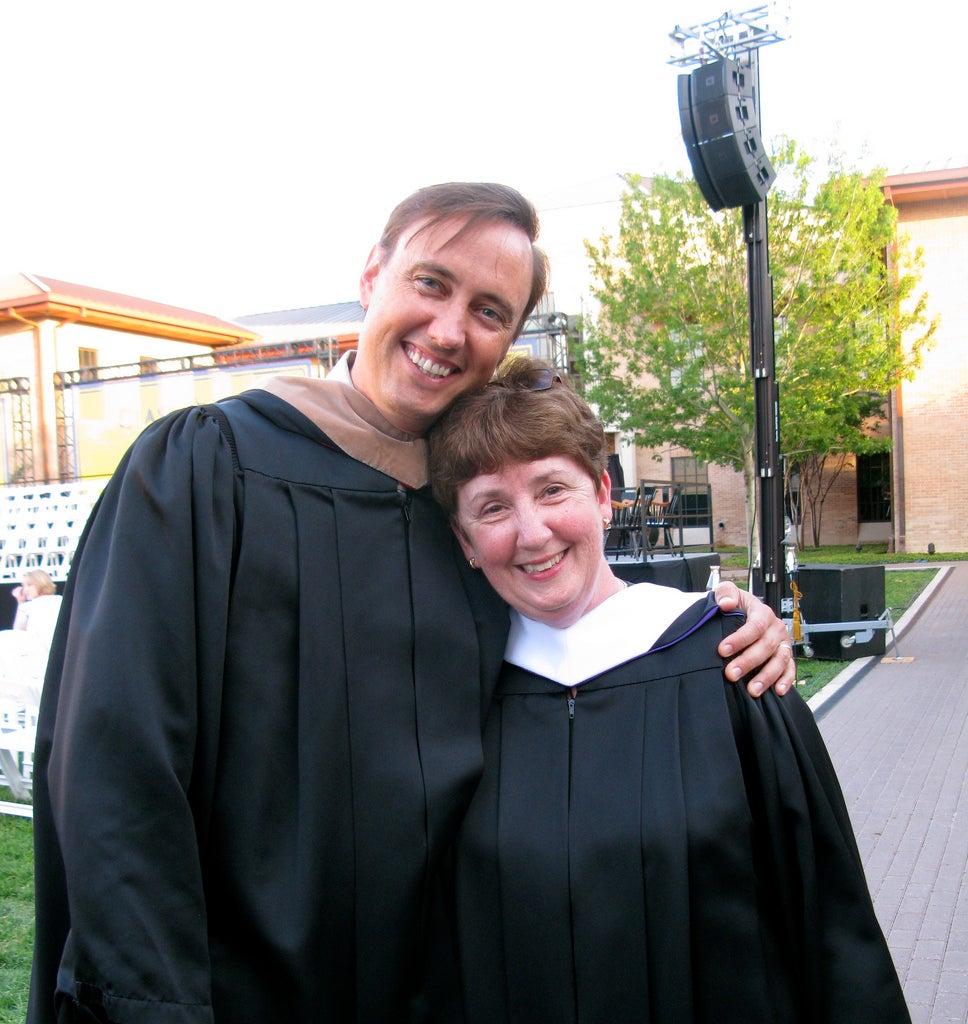Are universities doing enough to include mature students?
UK campuses are doing more than ever before to accommodate ethnic minority and LGBT students - but how much support is there for mature students?

University: a seemingly inclusive environment where despite our differences in age, ethnicity and sexuality, we’re welcomed as part of the university community. But for mature students, who now represent a third of undergraduate students in the UK, discrimination is unfortunately a daily reality throughout their university career.
Freshers week woes
For many mature students, this commences as soon as they step foot on campus. Activities organised by students unions are targeted at students straight from sixth form. Just take freshers week. Famed as the wildest seven days of a fresher's university career, newly enrolled students are actively encouraged to engage in drunken activities.
For the most part, a whirlwind week of hedonism and recovering from yet another unrelenting hangover caters for its 18-and-19-year-old first year student majority. While some SUs do host social events and activities to ensure that mature students can socialise with fellow mature students, with quizzes and suchlike, these clearly take lesser precedence than providing cut-price drink deals or hosting the biggest club nights on campus for a considerably younger student demographic.
It is unsurprising that freshers week, which should ideally support the integration of all students irrespective of age, can be one of the most challenging periods of the academic calendar for mature students.
The University of Sheffield’s mature students councillor Tracey Lee concurs: "It is my personal experience - and the experience of many mature students - that the social aspect of university life is virtually non-existent for mature students during freshers week. While the students are at fault, the university is behaving in the same way which can make it very difficult for mature students to integrate themselves into the student body."
But more worryingly, the first week is not an isolated failure of support. Student clubs and societies are equally culpable in excluding mature students throughout the academic year by failing to provide social activities at convenient hours.
The NUS' Never Too Late to Learn study reported that 50 per cent of mature students believe that student societies and clubs’ social activities are held at inconvenient times, such as the evenings or weekends which often overlap with students’ extra-curricular responsibilities. With 43 per cent of mature students balancing childcare responsibilities, family commitments and a demanding academic workload, this can undoubtedly limit opportunities to participate in clubs and societies. With so few opportunities to integrate with the student community, it is unsurprising that 40 per cent of mature drop-out students cited low levels of social involvement at university for why abandoned their course.
Lack of integration
Integration with coursemates can similarly prove problematic for mature students. In a sea of young faces in the lecture theatre, mature students are often misunderstood and consequently struggle to integrate with their considerably younger counterparts. Lee, who also acts as the chair of Sheffield’s mature students committee concurs, claims that this can result in profound alienation.
"Mature students find that group work is awkward as nobody wants to work with them," she says.
Lee isn’t isolated. University of Sheffield mature student Ali Hayward says: "I often wished for more social time with students on the same degree. This wasn’t only for study purposes but also to get to know my fellow students more and to socialise with them."
However, universities throughout the country are increasingly responding to the need to support mature student integration in the university community. Sheffield runs a mentoring scheme where mature students can be matched to a current undergraduate mature student, who can provide support and advice.
Moreover, universities throughout the country are increasingly establishing societies for mature students to provide support networks. Through organising social events mature students enjoy opportunities to meet and embark on friendships with like-minded students in a sociable and friendly atmosphere.
While there has appears to have been some progress of universities to actively tackle the discrimination that mature students experience, for the most part, it seems unlikely at this point in time that the acute marginalisation that mature students experience will cease to decline anytime soon. As Lee says, "When you look at the issues that mature students face, it would be so easy to fix some of them; you wonder why it has not been done already."
Join our commenting forum
Join thought-provoking conversations, follow other Independent readers and see their replies
Comments
Bookmark popover
Removed from bookmarks